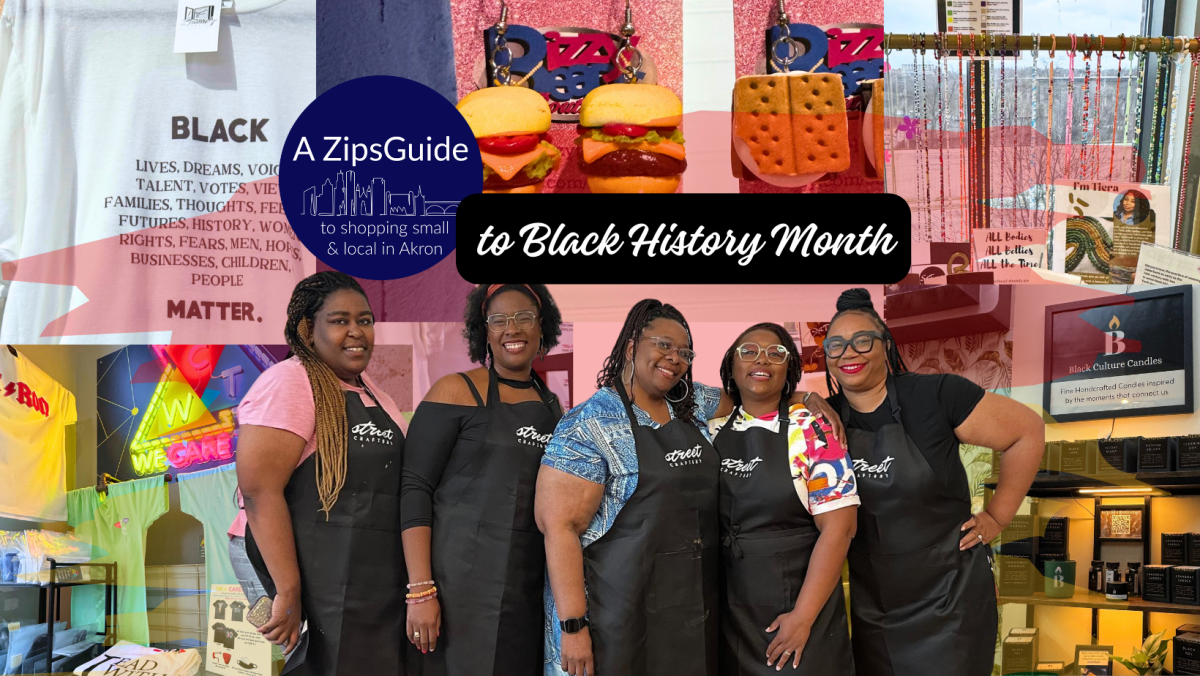UA’s Teacher Prep Program Ranked Top in Nation, Best in Ohio for Reading Instruction
In a report by the National Council of Teacher Quality (NCTQ), UA’s program includes exemplary coursework in teaching literacy.
(Image via The University of Akron)
Zook Hall houses the LeBron James Family Foundation College of Education.
February 4, 2020
The University of Akron’s undergraduate elementary teacher preparation program is one of the best in the United States for preparing educators to teach children reading.
According to the January 2020 report by the National Council on Teacher Quality (NCTQ), a nonpartisan and not-for-profit research and policy organization, UA’s program is one of 15 in the nation and the only one in Ohio to earn an A+ rating.
Dr. Lisa Lenhart, professor of curricular and instructional studies and the lead literacy faculty member in the LeBron James Family Foundation College of Education, said this rating shows the decades of work by UA literacy faculty.
Because teacher candidates in early childhood, middle-level and special education have to take 12 credit hours in teaching reading, “having a strong reading cor program matters significantly,” Dr. Lenhart said.
The top-performing programs in the report provide several educational opportunities for students in order to prepare them for teaching the five components of reading.
According to a UA press release, these include:
- Explicit and repeated instruction on each component of phonemic awareness, phonics, fluency, vocabulary and comprehension;
- Support for instruction with high-quality textbooks that accurately detail established principles of scientifically based reading practices; and
- Opportunities for teacher candidates to demonstrate mastery through in-class assignments, tests and instructional practice.
Additional information included in the NCTQ report shows that 51 percent of the elementary teacher preparation programs reviewed earned an A or B rating for coverage of key components in the science of reading.
These findings are a “positive sign for a newly energized movement across the nation” as each year, over a million students starting the fourth grade are considered non-readers, the press release said.
Kate Walsh, president of NCTQ, believes the progress being made by programs such as UA’s is important and also a shock.
“The resistance to teaching what is scientifically based has been so formidable,” Walsh said. “The scale is now tipping in favor of science, and the real winners here are the students who will learn to read.”












